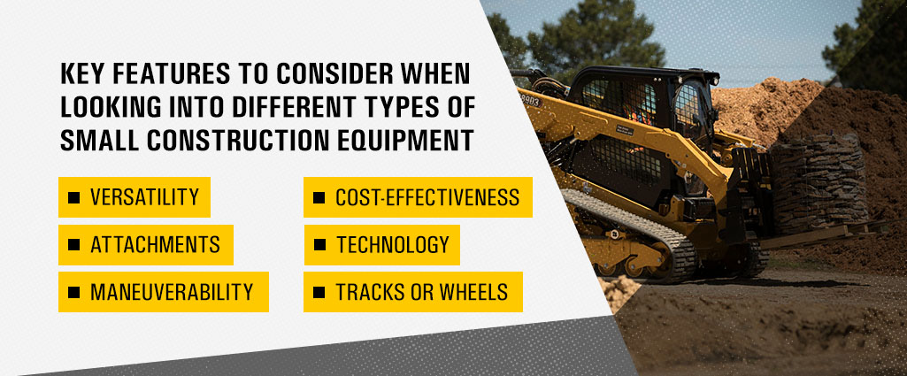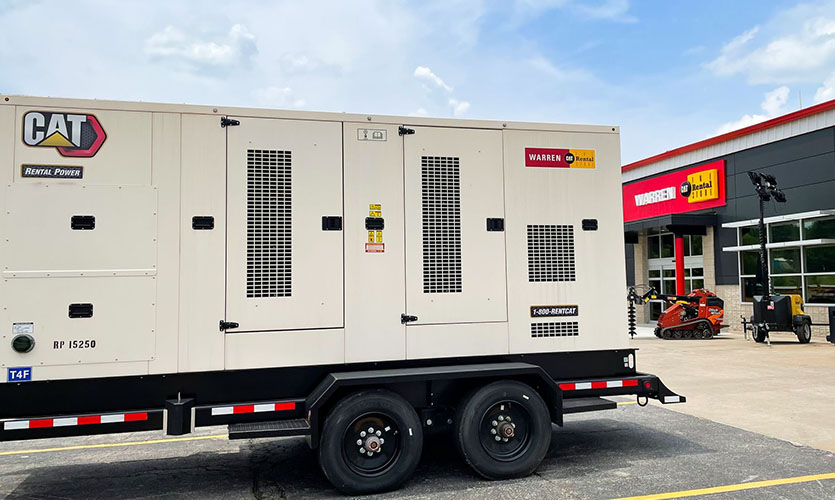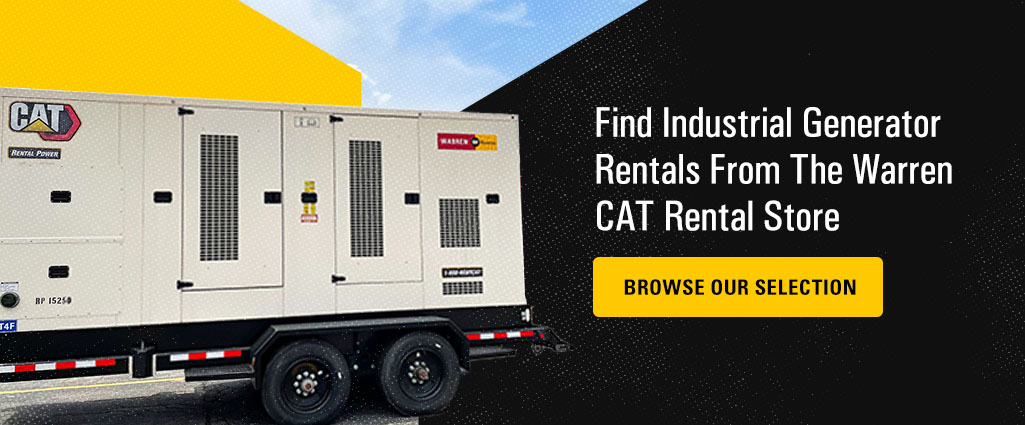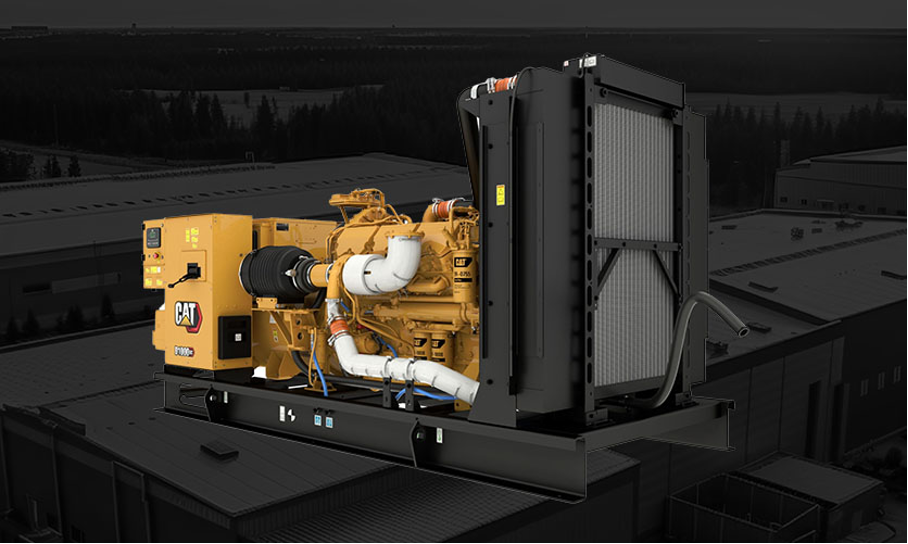Whether you’re a contractor who’s just starting or you only take on small jobs, understanding and leveraging the right construction equipment for your projects can be a significant help. Specific machinery can address efficiency concerns, allowing you to finish jobs on time more often, and help you tackle more types of projects overall.
Many compact machines are highly versatile and can support a wide range of applications in addition to being cost-effective. With heavy machinery built for compact tasks, you can streamline your projects, helping you reach deadlines and impress customers as you grow your business.
Top Benefits of Small Construction Equipment
By investing in compact construction equipment, you can enjoy numerous benefits, including:
- Project diversity: Adding compact equipment to your fleet can help your business take on different projects and perform new tasks, increasing your flexibility and adaptability.
- Maneuverability: Small machinery makes it easier for operators to navigate through confined spaces and access hard-to-reach areas on your job sites.
- Efficiency: Trying to tackle smaller-scale jobs, such as residential landscaping or park maintenance, with large construction equipment can slow down your team’s efficiency and add time to your project. Compact machines can help you stay productive and on schedule.
- Cost-effectiveness: Small contractors tend to have limited resources and tighter budgets, so investing in compact equipment can help them save costs on everything from fuel to maintenance.
- Easier transport: Because compact construction equipment is lightweight and takes up less space, contractors can easily tow or put the machine on a trailer for transport. Businesses also typically do not need special permits for hauling smaller-sized construction equipment models.
- Less ground disturbance: Using smaller equipment reduces the damage done to the ground during operation. For projects that involve working on fragile lawns or pavements, a compact option is likely a better fit than a larger model.
Types of Small Construction Machinery
When browsing small construction machinery, you’ll come across several options, including various popular equipment types such as:
1. Mini Excavators
A mini excavator features a boom, arm and bucket or other attachment to streamline digging and excavation tasks. This equipment is also beneficial for various other applications:
- Trenching
- Pipe laying
- Demolition
- Site clearance
- Material handling
- Lawn maintenance
Because compact excavators are highly maneuverable and versatile machines, they are widely used in the construction, landscaping, utilities and agricultural industries.
2. Skid Steer Loaders
A skid steer loader is a type of wheeled small dirt-moving equipment used for tasks like:
- Digging
- Grading
- Backfilling
- Material handling
- Demolition
- Debris removal
- Trenching
- Land leveling
- Snow removal
- Feeding livestock
- Road repairs
You can equip skid steer loaders with a wide range of attachments, including a bucket, forks, augers, trenchers, grapples and more. They are highly versatile and handy machines to have in your fleet.
3. Compact Track Loaders
Compact track loaders can have a front bucket or other attachment and run on two parallel tracks, commonly made of rubber. Their tracked undercarriage allows them to distribute their weight over a larger surface area, minimizing ground damage and helping them easily navigate soft surfaces like mud or sand.
This type of small earth-moving equipment is particularly well suited for:
- Digging
- Grading
- Site preparation
- Material handling
- Snow removal
- Stockpiling
- Debris removal
- Demolition
Key Features of Compact Construction Equipment
There are a few key features to consider when looking into different types of small construction equipment:

- Versatility: When buying or renting machinery, always consider the range of tasks the equipment can complete. You may take on diverse projects that require different types of tools. Keep versatility in mind as you select your next piece.
- Attachments: The attachments you choose will determine the applications your compact equipment can complete. Select a machine that is compatible with the specific attachments you need to make your work easier and more streamlined. Most attachments are universal, but you should ensure the attachments you require won’t be too heavy or otherwise unsuitable for the machine.
- Maneuverability: Whether you work on urban construction sites or congested residential projects, having a machine that performs well in confined spaces will help you maintain operational efficiency.
- Cost-effectiveness: As a small contractor, larger machines might be out of your budget. Compact equipment can be a cost-effective alternative until you have the capital for a larger investment in the future. Plus, smaller models are relatively inexpensive to own and operate.
- Technology: Another important feature to consider is the equipment’s technology. Advanced solutions help streamline your operations and enhance project efficiency. In some cases, you can integrate the machine’s tech with your company’s existing management systems for greater transparency and productivity.
- Tracks or wheels: Consider the ground conditions you may encounter during projects. If your projects often involve soft or delicate surfaces, opting for a compact track loader may be best for minimizing damage and staying stable during operation. If you usually work on harder and more level surfaces, like warehouse floors or paved roads, choosing a piece of equipment with wheels is likely best.
Tips for Selecting the Right Equipment Model
Once you decide the type of compact equipment that is right for your business, a few tips can help you determine the best-suited model:
1. Consider Your Typical Project Requirements
Think of the types of projects you regularly take on and their specific requirements, like the scope, site conditions and travel distance. These factors will help you determine which model suits the most applications.
2. Prioritize Your Capacity Requirements
Lifting over capacity can be dangerous, damage your equipment and diminish project efficiency. Ensure you select a model that can properly and safely handle your heaviest materials and loads without issue.
3. Assess Long-Term Costs
As you compare different models, take note of the cost considerations for each, such as fuel consumption, ongoing maintenance and potential resale value. Consider the expected life span and operational expenses and use these factors to inform your decision-making.
4. Ask an Expert
Whether you’re unsure about your decision or you’d just like some additional advice, turning to a construction equipment expert can be highly advantageous when determining the right equipment model for your business. They’ll answer your questions and emphasize important considerations for getting the most out of your investment.
Turn to Warren CAT for Compact Construction Equipment
Whether you’re looking for full-size or compact construction equipment, Warren CAT has you covered. We have locations throughout West Texas and Oklahoma. You can explore our wide selection of new and used equipment available, including mini excavators, compact track loaders and skid steer loaders.
As an authorized Cat® equipment dealer, we provide durable, high-quality machines that will help you achieve greater efficiency and peak performance. We’ll partner with you to meet your project needs and find the best models for your applications.
Browse the construction equipment available from Warren CAT online or visit a location near you today.







